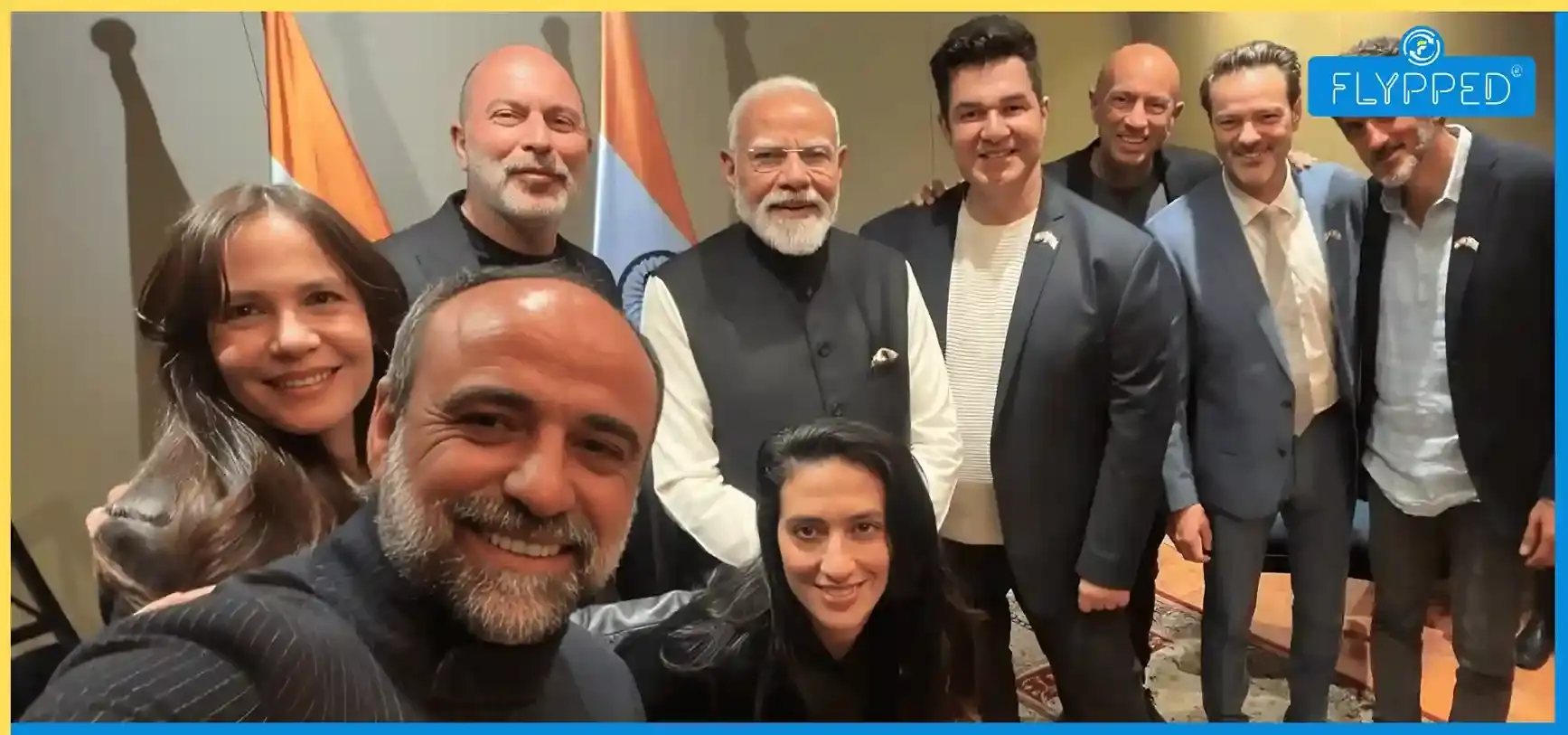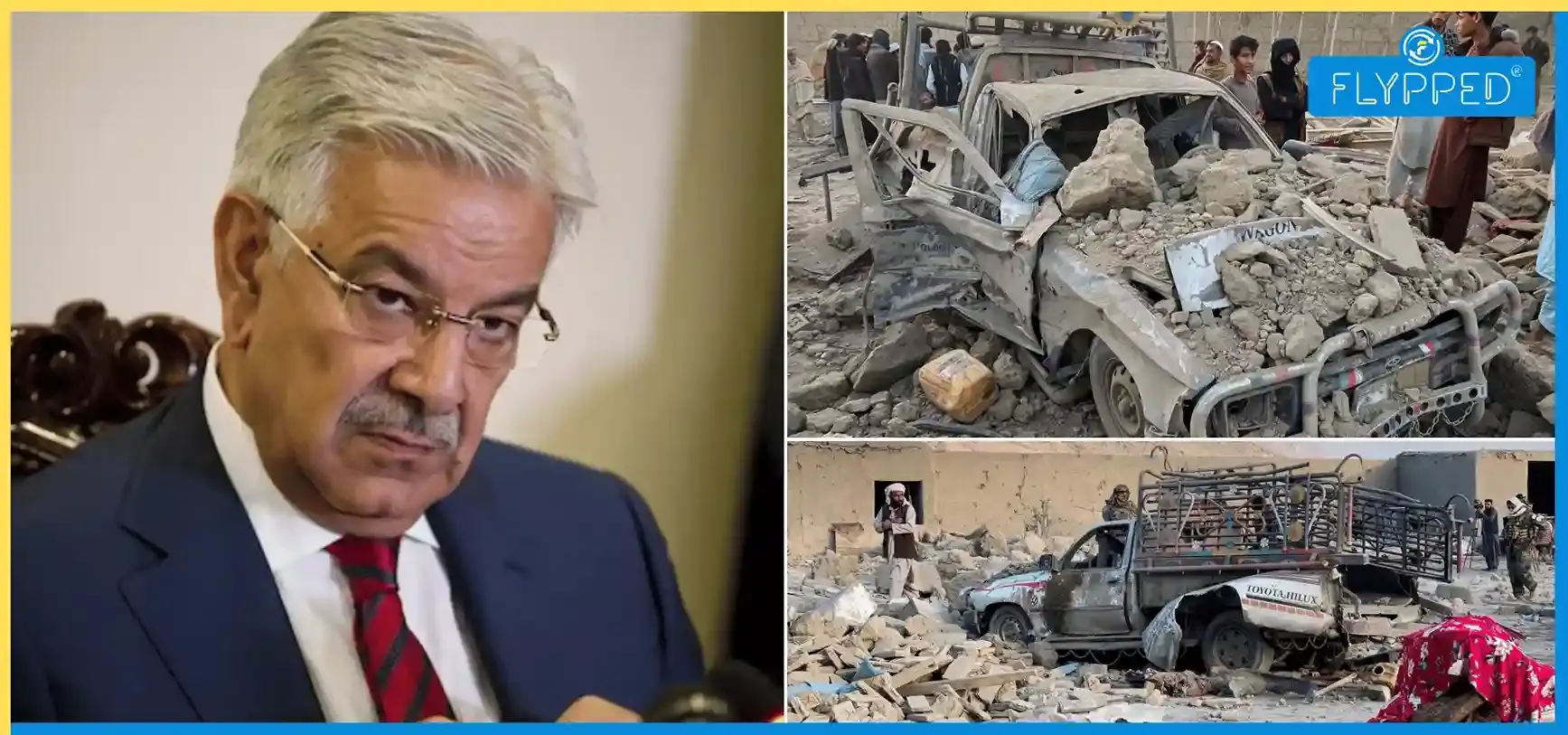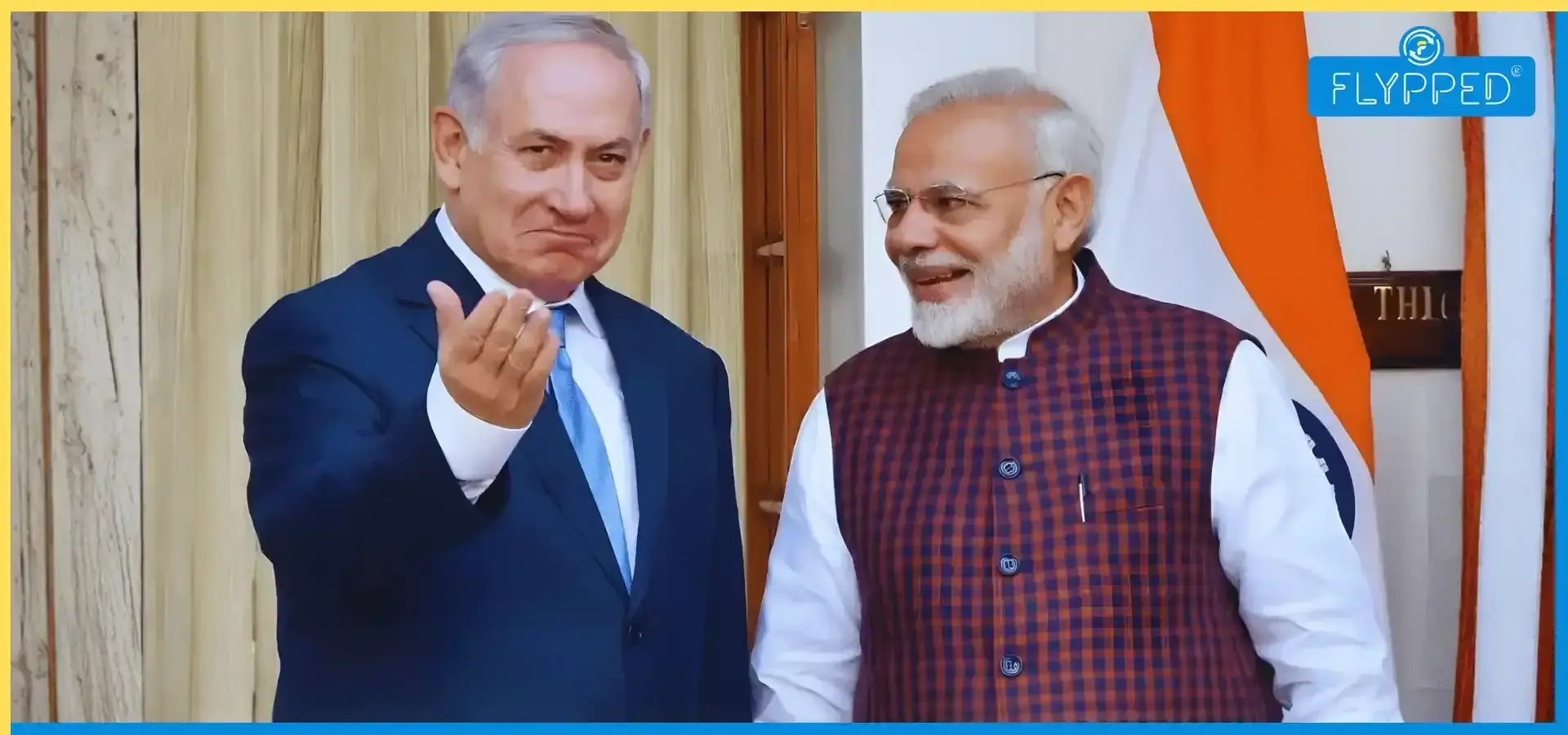India-Russia ties stronger than mountains and oceans as Rajnath Singh discusses relations with Vladimir Putin

India and Russia share a relationship that is both historic and enduring, standing tall against the trials of time and the shifting sands of geopolitics. Recently, India’s Defence Minister Rajnath Singh met with Russian President Vladimir Putin to discuss bilateral relations, reaffirming a bond that many describe as "stronger than mountains and oceans." This phrase captures the essence of a partnership built on trust, mutual respect, and a shared vision for a peaceful and prosperous world.
A Friendship Forged Over Decades
The roots of India-Russia relations can be traced back to the Cold War era, when the two countries established strong ties under the banner of shared strategic interests. Over the years, the partnership has grown beyond the confines of geopolitics, evolving into a multifaceted relationship encompassing defense, energy, trade, and culture.
Russia has been one of India’s most reliable allies. From standing by India during critical moments in history to supporting its aspirations on global platforms, Russia has consistently proven to be a steadfast partner. This relationship, marked by mutual respect and trust, has laid a strong foundation for cooperation in various fields.
Rajnath Singh’s Visit
Rajnath Singh’s recent visit to Russia is yet another chapter in this enduring story of friendship. During his discussions with Vladimir Putin, the focus was on bolstering strategic cooperation, particularly in the areas of defense and security. As global tensions rise, India and Russia recognize the importance of standing together to address common challenges and uphold their shared interests.

One of the key topics discussed was defense collaboration. Russia remains a vital supplier of military hardware and technology to India, a relationship that has contributed significantly to India’s defense preparedness. The two leaders reiterated their commitment to enhancing this cooperation, ensuring that India remains equipped to safeguard its sovereignty and regional stability.
Defense Ties
India’s defense relationship with Russia is one of the strongest pillars of their partnership. Over the years, Russia has provided India with state-of-the-art defense equipment, including fighter jets, tanks, and missile systems. The S-400 air defense system is a recent example of this collaboration, highlighting the trust and technological exchange between the two nations.
The focus is not just on procurement but also on co-development and co-production of defense systems. Initiatives like the BrahMos missile project exemplify how India and Russia have moved beyond a buyer-seller relationship to become true partners in innovation. These collaborations are not only enhancing India’s defense capabilities but also contributing to its vision of self-reliance in defense production.
Energy Cooperation
Beyond defense, energy is another key area where India and Russia have forged strong ties. Russia is one of the largest suppliers of crude oil, natural gas, and nuclear fuel to India, playing a crucial role in meeting the country’s growing energy demands. As India continues to pursue its ambitious development goals, securing energy resources remains a top priority, and Russia is a reliable partner in this endeavor.
The two countries are also exploring opportunities in renewable energy and green technologies, reflecting their commitment to a sustainable future. With climate change emerging as a pressing global issue, India and Russia’s cooperation in this area underscores their shared responsibility to address environmental challenges.
Trade and Economic Partnership
While defense and energy dominate the headlines, trade and economic ties between India and Russia are equally significant. However, the potential for growth in this area remains largely untapped. Both nations are working to diversify their trade basket, moving beyond traditional goods to explore opportunities in technology, agriculture, and services.
https://twitter.com/rajnathsingh/status/1866511882787643397
Efforts to strengthen connectivity, such as the International North-South Transport Corridor (INSTC), aim to boost trade between the two countries. This ambitious project seeks to create a direct transport link between India and Russia, reducing transit time and costs while opening new avenues for economic cooperation.
Cultural and People-to-People Ties
The India-Russia relationship is not just about governments and policies; it is also about people. Cultural exchanges and educational collaborations have played a significant role in bringing the people of both countries closer. Russian literature, cinema, and art have a loyal fan base in India, while yoga and Indian cuisine enjoy popularity in Russia.
Programs promoting student exchanges and tourism further strengthen this bond. As more Indians visit Russia and vice versa, they contribute to a deeper understanding of each other’s cultures, fostering goodwill and friendship on a personal level.
A Partnership for a Multipolar World
In an increasingly complex world, the India-Russia partnership stands as a testament to the importance of balanced and inclusive global relationships. Both nations advocate for a multipolar world order, where power is distributed more evenly, and all countries have a say in shaping the future. This shared vision is reflected in their cooperation in forums like BRICS, the Shanghai Cooperation Organization (SCO), and the United Nations.
India and Russia’s collaboration in addressing global challenges, such as terrorism, cyber threats, and pandemics, further underscores their commitment to a peaceful and stable world. By working together, they not only protect their own interests but also contribute to the broader goal of global harmony.
Challenges and Opportunities
Like any relationship, the India-Russia partnership is not without its challenges. The changing dynamics of global politics, including Russia’s closer ties with China and India’s growing alignment with the United States, require careful navigation. However, both nations have demonstrated a remarkable ability to manage these complexities, ensuring that their bilateral ties remain strong.
The future of India-Russia relations lies in their ability to adapt to changing circumstances and seize new opportunities. As emerging technologies, space exploration, and artificial intelligence redefine global priorities, India and Russia have the potential to lead in these areas through joint initiatives and innovation.
Conclusion
India and Russia’s relationship is more than just a strategic partnership; it is a bond of friendship, trust, and shared aspirations. As Rajnath Singh and Vladimir Putin reaffirm their commitment to this partnership, it is clear that the ties between the two nations are indeed "stronger than mountains and oceans."
This enduring relationship, built on a foundation of mutual respect and common interests, serves as a shining example of what nations can achieve when they work together. As India and Russia continue to deepen their cooperation, they not only strengthen their own positions but also contribute to a more balanced and harmonious world order. The future of this partnership looks bright, and its potential knows no bounds.
Click to read the full article






